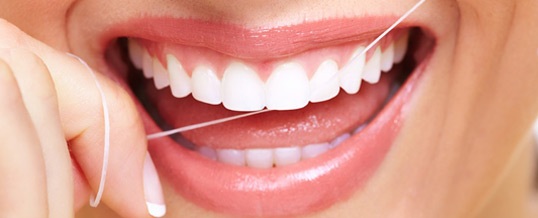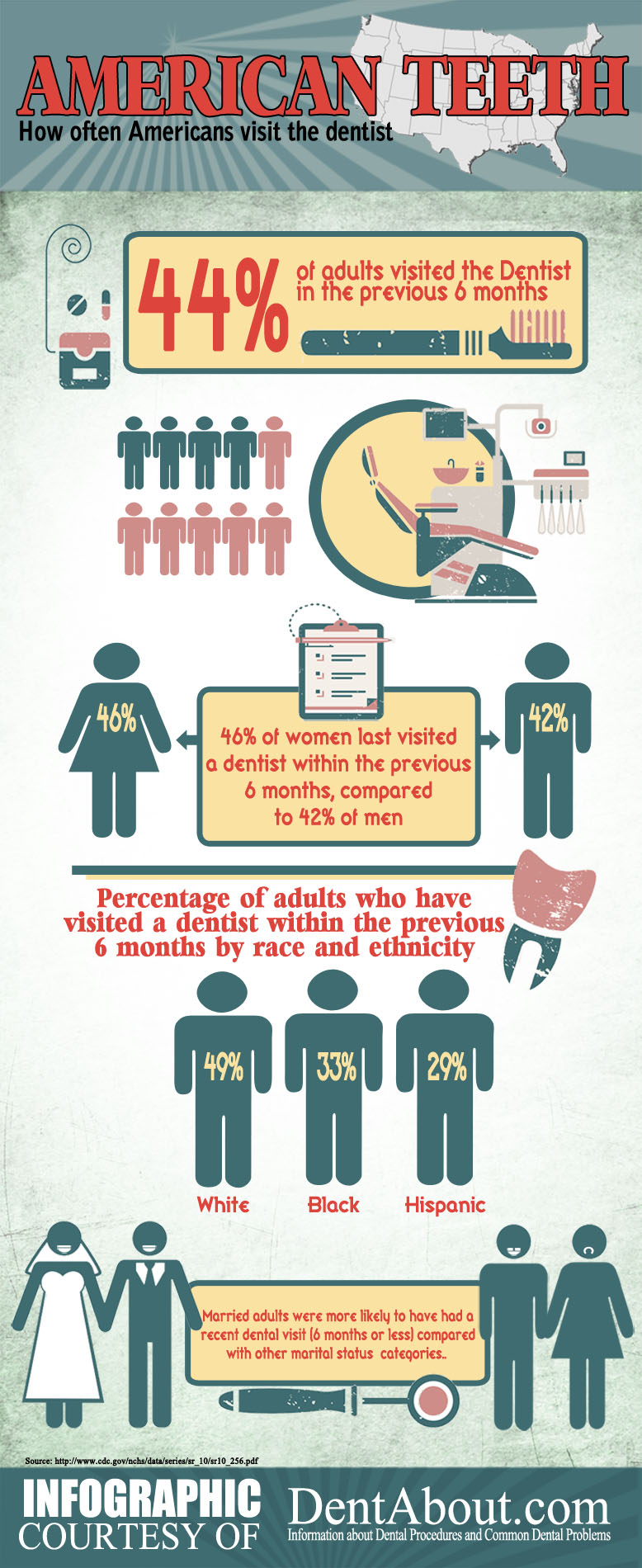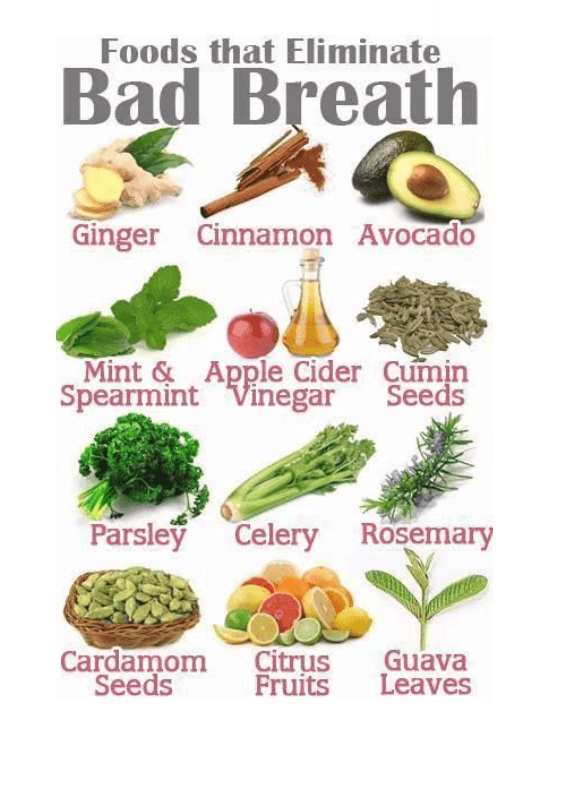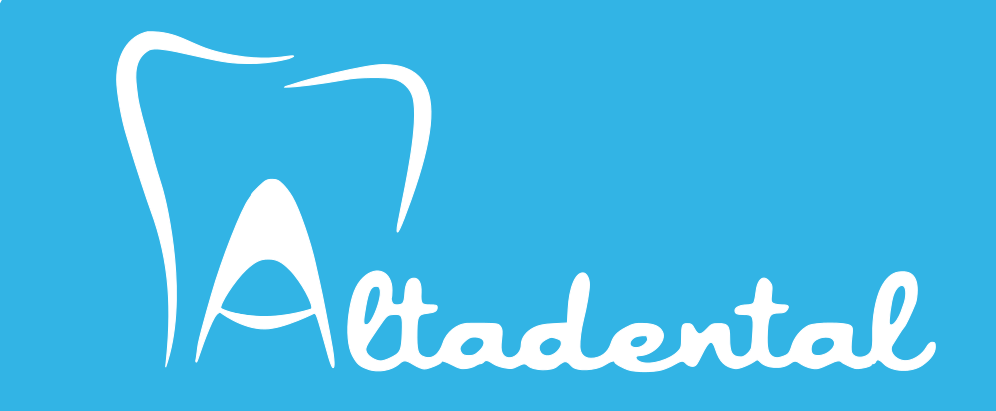
We all know life can be busy, but don’t neglect your oral health. Your dental care is just as important now as it was when you were a kid. Untreated dental disease can lead to serious health problems such as infection, damage to bone or nerve and tooth loss. Brush your teeth twice a day, floss once a day and see your dentist regularly. This simple routine can help you remain Mouth Healthy for Life.
Tooth decay is the destruction of your tooth enamel, the hard, outer layer of your teeth. It can be a problem for children, teens and adults. Plaque, a sticky film of bacteria, constantly forms on your teeth. When you eat or drink foods containing sugars, the bacteria in plaque produce acids that attack tooth enamel. The stickiness of the plaque keeps these acids in contact with your teeth and over time the enamel can break down. This is when cavities can form.
Cavities are more common among children, but changes that occur with aging make cavities an adult problem, too. Recession of the gums away from the teeth, combined with an increased incidence of gum disease, can expose tooth roots to plaque. Tooth roots are covered with cementum, a softer tissue than enamel. They are susceptible to decay and are more sensitive to touch and to hot and cold. It’s common for people over age 50 to have tooth-root decay.
Brush twice a day with a fluoride toothpaste. Clean between your teeth daily with floss or interdental cleaner. Eat nutritious and balanced meals and limit snacking. Check with your dentist about the use of supplemental fluoride, which strengthens your teeth, and about use of dental sealants (a plastic protective coating) applied to the chewing surfaces of the back teeth (where decay often starts) to protect them from decay. Visit your dentist regularly for professional cleanings and oral examination.
Healthy Adult Habits

Brushing your teeth is the cornerstone of any good oral hygiene routine. To keep your teeth and gums healthy, always be sure to brush your teeth twice a day with a soft-bristled brush. The size and shape of your brush should fit your mouth allowing you to reach all areas easily. Also, don’t forget to replace your toothbrush every three or four months or sooner if the bristles are frayed. A worn toothbrush won’t do a good job of cleaning your teeth. Finally, make sure to use an ADA-accepted fluoride toothpaste. It makes no difference whether you choose a manual or powered toothbrush—just make sure to brush thoroughly twice a day, every day!
Flossing goes hand in hand with brushing. By flossing once a day, you help to remove plaque from between your teeth in areas where the toothbrush can't reach. Flossing can be done with dental floss or another product made specifically to clean between the teeth, like pre-threaded flossers, tiny brushes, water flossers, or wooden plaque removers. It is extremely important to floss because plaque that is not removed by brushing and flossing can eventually harden into calculus or tartar.

The first stage of gum disease is called gingivitis, which is the only stage that is reversible. If not treated, gingivitis may lead to a more serious, destructive form of gum/periodontal disease called periodontitis. It is possible to have gum disease and have no warning signs. That is one reason why regular dental checkups and periodontal examinations are so important. Treatment methods depend upon the type of disease and how far the condition has progressed. Good oral hygiene at home is essential to help keep periodontal disease from becoming more serious or recurring. Brush twice a day, clean between your teeth daily, eat a balanced diet, and schedule regular dental visits for a lifetime of healthy smiles.
Did you know that the average adult between the ages of 20 and 64 has three or more decayed or missing teeth? If you are missing one or more teeth, there are plenty of reasons to correct the problem. For one thing, a large space between your teeth may affect how you speak or eat. Even if it’s not noticeable, a missing molar can affect how you chew. Remaining teeth may shift and in some cases, bone loss can occur around a missing tooth. With today’s advances, you don’t have to suffer from missing teeth.
If hot or cold foods make you wince, you may have a common dental problem—sensitive teeth. Sensitivity in your teeth can happen for several reasons, including: tooth decay (cavities) fractured teeth worn fillings gum disease worn tooth enamel exposed tooth root.
Everyone’s mouth can be dry sometimes, but if you feel like your mouth is always dry, it may be time to seek treatment. Medications and certain health conditions can lead to dry mouth. A dentist will check your teeth for signs of decay that can result from decreased salivary flow. A physician will test for any underlying disease or conditions that may be causing your dry mouth. Having a dry mouth is not itself serious but taking care of your teeth and gums and regular dental visits are important when living with dry mouth. Without the cleansing effects of saliva, tooth decay and other oral health problems become more common. Patients using oral inhalers for asthma often develop oral candidiasis, an oral fungal infection, and are encouraged to rinse their mouths with water after using the inhaler.
Ororpharyngeal cancer can affect any area of the oropharyngeal cavity including the lips, gum tissue, check lining, tongue, jaw the hard or soft palate and throat. It often starts as a tiny, unnoticed white or red spot or sore or swelling anywhere in the mouth or throat. During your dental visit, your dentist can talk to you about your health history and examine these areas for signs of mouth and/or throat cancer. Regular visits to your dentist can improve the chances that any suspicious changes in your oral health will be caught early, at a time when cancer can be treated more easily.
Smiling....
Makes You and People Around You Happy
Relieves Stress
Elevates Our Mood
Is Contagious
Boosts Your Immune System
Lowers Your Blood Pressure
Makes Us Feel Good
Helps You Stay Positive



Four Ways to Keep Up Good Dental Hygiene As You Get Older

How Your Teeth Stain


‘A piece of cheese after you’ve eaten can neutralize some of those dietary acids, which may be stuck on your teeth and giving you that bad breath odour,’ says Linzel.
A serving of unsweetened yogurt can also help. A small Japanese study found that volunteers with halitosis who ate yogurt twice a day had reduced levels of hydrogen sulfide, a compound that can cause bad breath.
The bonus? Canadian dairy products are fortified with vitamin D. Research has shown that both vitamin D and calcium may benefit oral health.



 As the old adage says, with age comes wisdom. And as we all grow older, certain health concerns earn our full attention. One of those concerns is the importance of oral health for seniors. We all on...
As the old adage says, with age comes wisdom. And as we all grow older, certain health concerns earn our full attention. One of those concerns is the importance of oral health for seniors. We all on... Four Ways To Keep Up Good Dental Hygiene As You Get Older by Amy Freeman
Good dental hygiene and oral care habits are important at any age. But as you get older, you might find yourself wondering if y...
Four Ways To Keep Up Good Dental Hygiene As You Get Older by Amy Freeman
Good dental hygiene and oral care habits are important at any age. But as you get older, you might find yourself wondering if y... Receding Gums: Treatment And Prevention by Willie Pena
Receding gums, also known as gingival recession, is a condition in which the roots of the teeth become exposed, leading to a greater risk of deca...
Receding Gums: Treatment And Prevention by Willie Pena
Receding gums, also known as gingival recession, is a condition in which the roots of the teeth become exposed, leading to a greater risk of deca...



